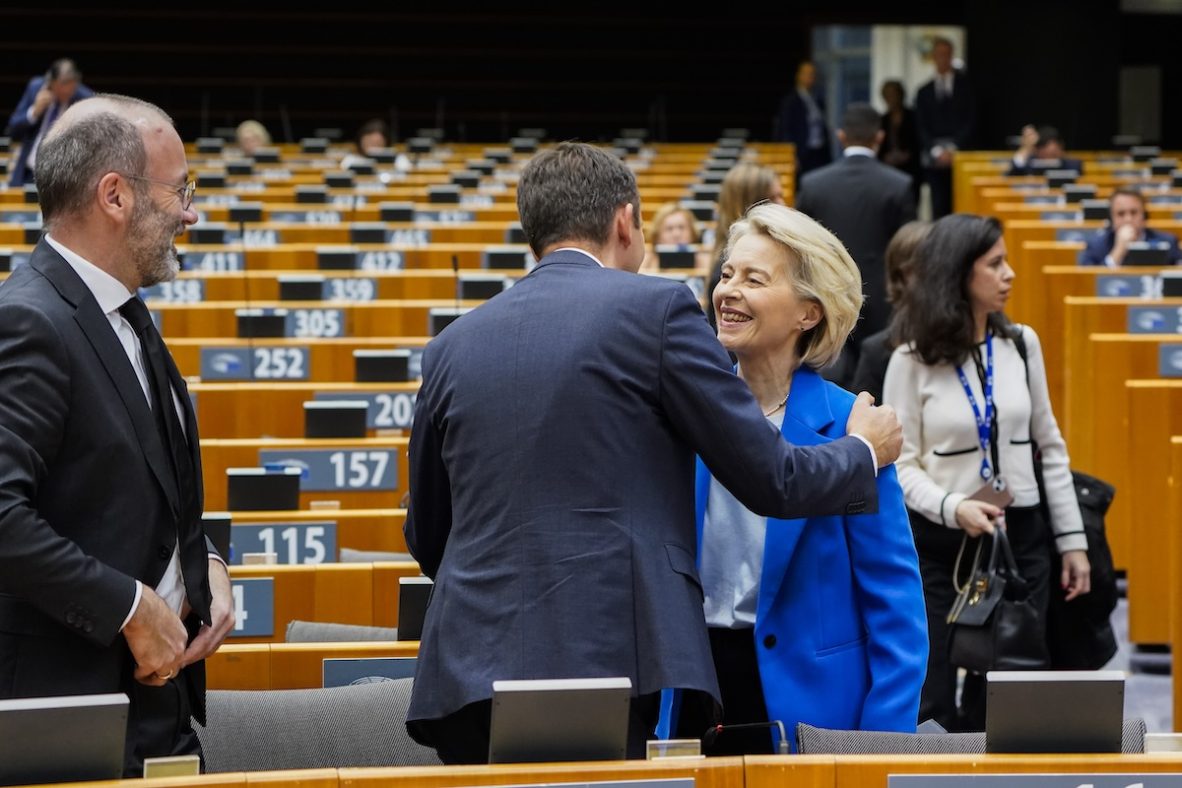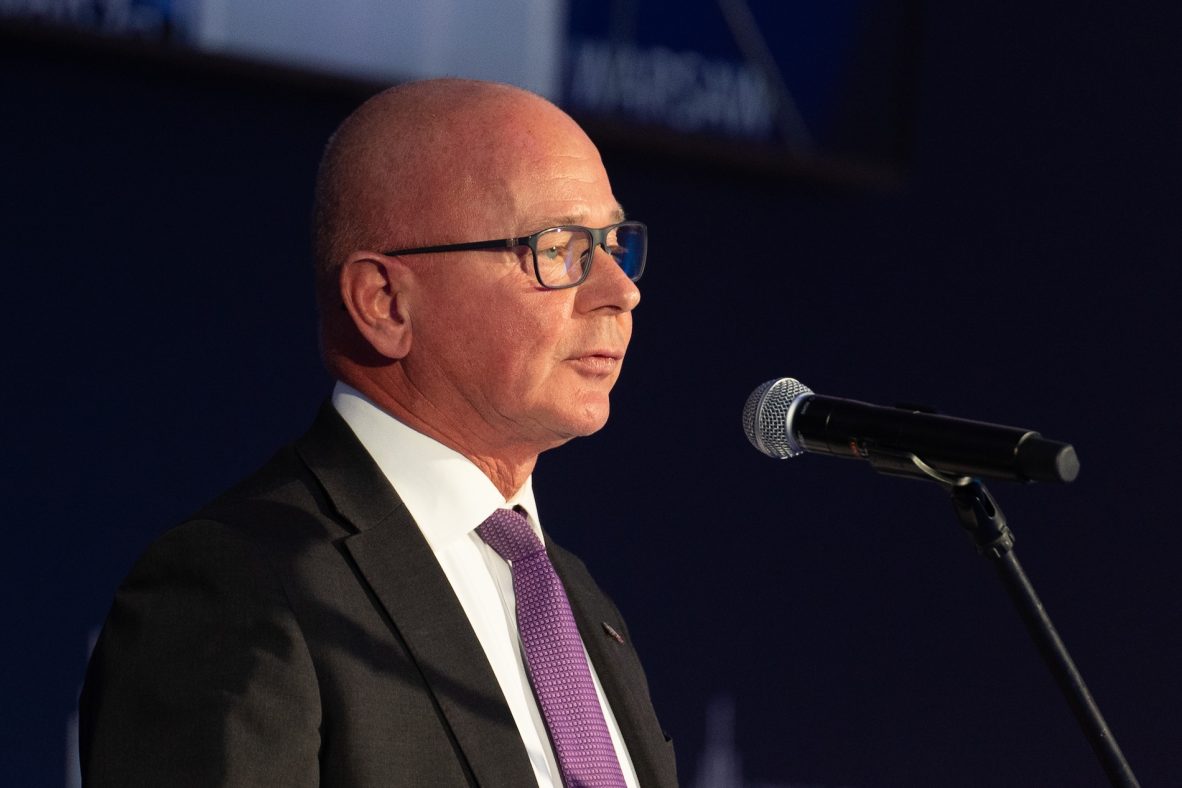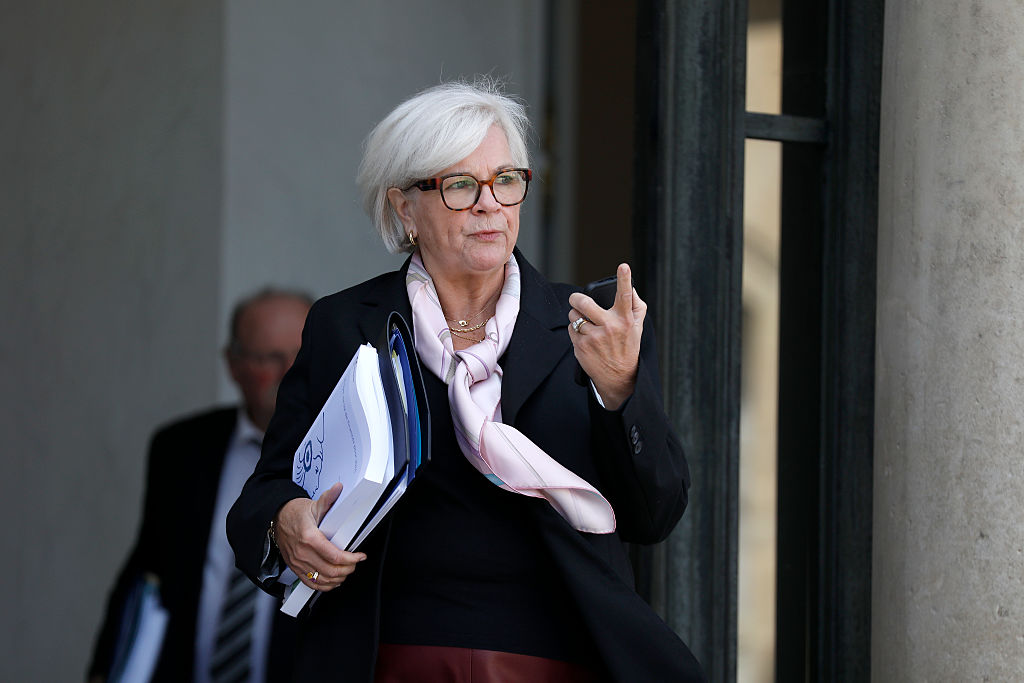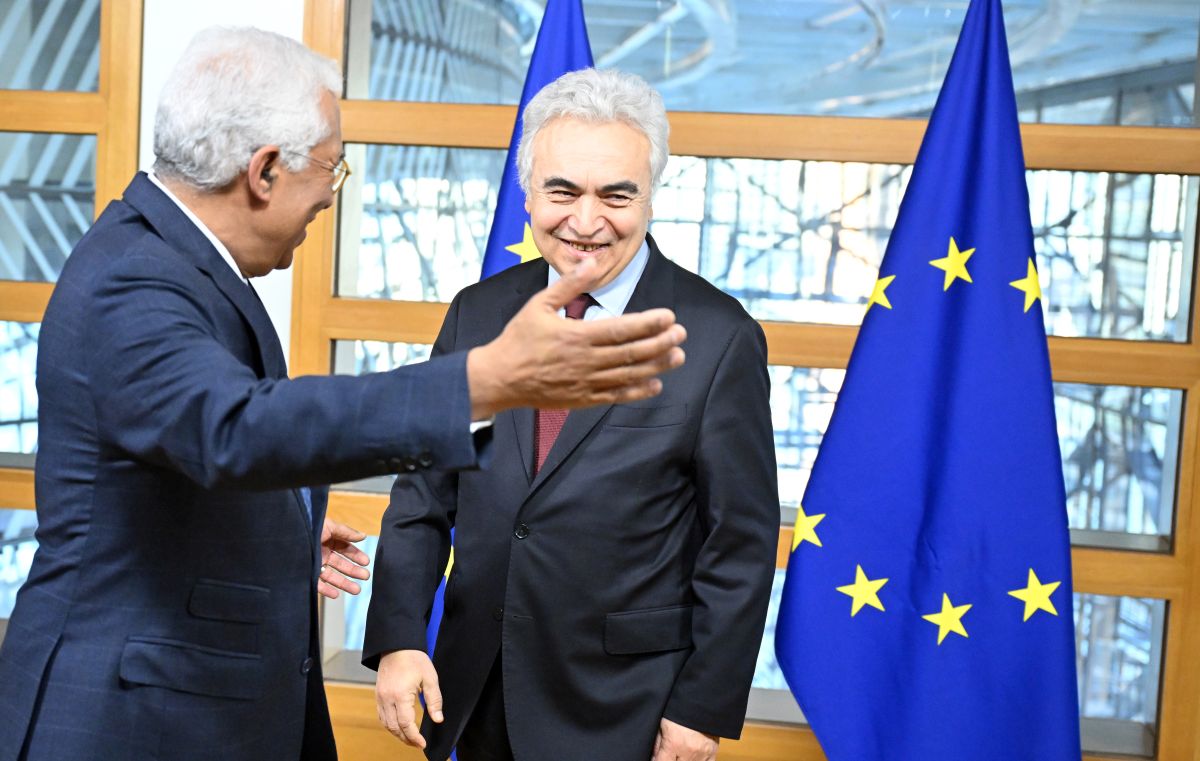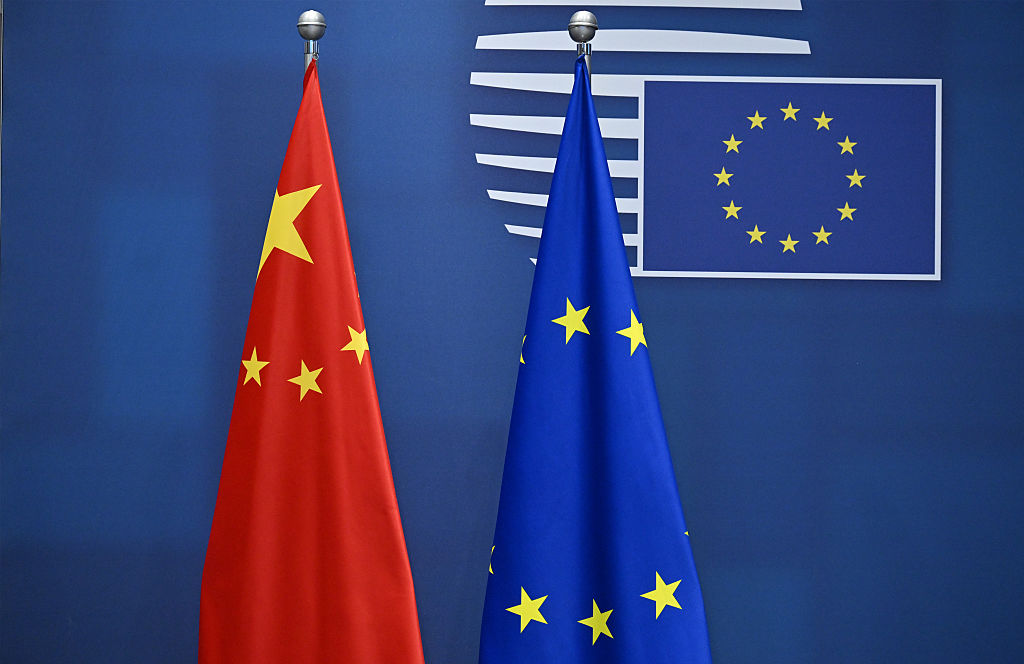Brussels 'concerned' by new Chinese rare earth restrictions
Beijing's measures come just days after the European Commission proposed doubling the bloc’s tariffs on steel to 50% – a move widely regarded as targeting China
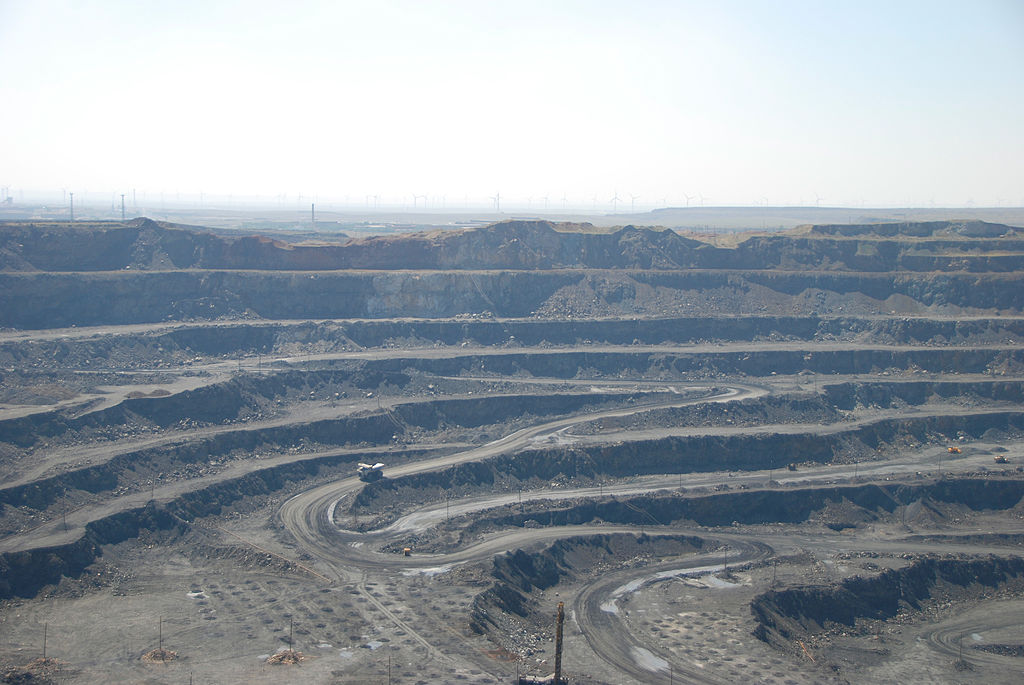
The European Commission said it was unsettled by China’s sweeping new export controls on strategically critical rare earths on Thursday, as relations between Beijing and Brussels continue to deteriorate just days after the bloc announced steep levies on Chinese steel imports.
“We are concerned by this announcement,” Commission trade spokesperson Olof Gill told reporters. He added that the EU executive is currently examining the “details” of the new measures but that it “expects China to act as a reliable partner and to ensure stable, predictable access to critical raw materials”.
The comments came hours after Beijing significantly tightened export controls on rare earths and derivative products, which are used in numerous modern technologies, including smartphones, computers, and fighter jets.
China dominates the world’s supply of rare earth metals, accounting for roughly 70% of global mining, and 90% of the world’s refining capacity.
Under the new system – which Beijing said was necessary to “safeguard national security and interests” – foreign exporters of products that include even minimal amounts of rare earths sourced from China are required to obtain licences from the country’s commerce ministry. The export of technologies used to mine and process the metals will also require Beijing’s approval.
Beijing specifically singled out the overseas defence sector, noting in a statement that licences for products with “military use” will “in principle … not be approved”.
EU defence stocks also fell on Thursday, with Germany’s Rheinmetall down 1.1%, France’s Thales dropping 0.8%, and Italy’s Leonardo falling 1.3%.
The new controls, most of which enter into force immediately, largely mirror Washington’s “extraterritorial” restrictions on semiconductors, which are used to block third countries from re-exporting advanced US-made chips to China.
The measures, which come ahead of a meeting between US President Donald Trump and Chinese President Xi Jinping in South Korea later this month, mark a sharp escalation of previous restrictions announced in April in retaliation against Trump’s “reciprocal tariffs”.
The controls have had a severe knock-on impact on Europe, with many EU industries forced to delay production or even shut down manufacturing.
Despite Commission President Ursula von der Leyen’s announcement of an “upgraded supply chain mechanism” to address rare earth “bottlenecks” at the EU-China summit in July, many EU firms based in China say they are still struggling to obtain export licences.
Gill also said on Thursday that Chinese leaders had agreed to “establish guarantees” for EU businesses regarding the supply of rare earth elements at the July summit.
He added that the EU is currently working to “diversify” its supply of the metals with the G7, a group of rich Western nations that includes the US, Canada, the UK, and Japan. He also pointed to the passage of the Critical Raw Materials Act, which seeks to cut the EU’s reliance on China for the metals by boosting trade links with third countries and increasing domestic mining and refining.
Thursday’s announcement also comes just two days after the Commission proposed doubling the bloc’s tariffs on steel to 50%. The move was widely regarded as targeting China, which is the world’s top steel producer.
EU officials said the move was intended to protect the bloc’s struggling metal producers from “global overcapacity”, including from China, and bolster the bloc’s chances of negotiating down Washington’s own 50% blanket levy on steel and aluminium imports.
(vib)
